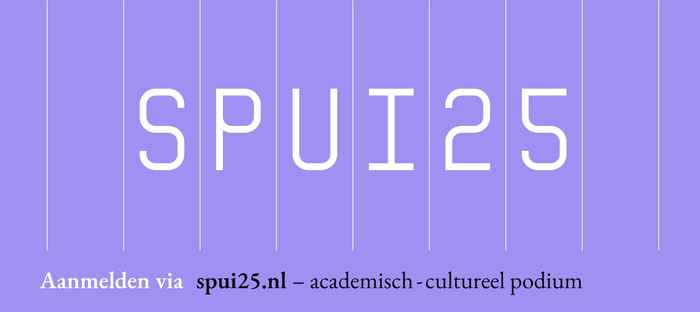Religious Radicalisations and a Crisis of Culture
- Date
- 14 November 2024
- Time
- 17:00
- Location
- SPUI25
Instead of attributing religious radicalisations to a clash of cultures, Professor Olivier Roy argues that current tensions stem more from a crisis of culture, or deculturation, affecting both Islam and Western societies. Young people have joined radical movements by reconstructing an abstract form of religion, detached from the cultural practices of their parents, which they no longer know or identify with. The call for Jihad, therefore, emerges as a response to the collapse of the traditional concept of Islamic culture.
However, the rallying cry around ‘European’ or ‘Christian’ culture as a countermeasure to the perceived threat reflects a comparable disconnect between religion and culture. European culture is no longer synonymous with Christian culture. When Europe positions itself against Islam, it is unclear whether it opposes Islamic values with Christian religious principles—many of which overlap with Muslim conservative views on issues like gender and marriage—or with the liberal values of feminism and sexual freedom, which have evolved in opposition to traditional Christian norms. Most populist parties claim to defend a Christian identity while promoting secular (and even pagan) patterns of social behaviours. As Europeans no longer implicitly share common values concerning family, gender, and freedom, what does “European culture” mean?
SPUI25 is the academic-cultural podium of Amsterdam. Since 2007, we have been giving scientists, authors, artists and other thinkers the opportunity to shine a light on issues that occupy, inspire or concern them. In cooperation with a large number of academic and cultural partners, we organize between 250 and 300 freely accessible programs per year. These are enriching, often interdisciplinary programs that move between science and culture, fact and fiction.
SPUI25 is one of the UvA podia in the University Quarter.

